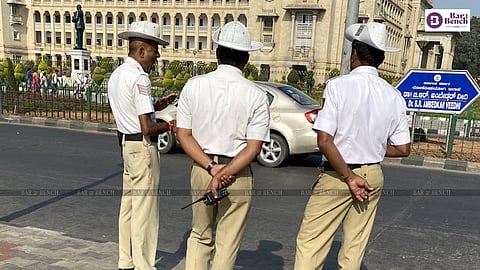The Kerala High Court recently granted partial relief to a man accused of drunk driving, observing that the breathalyzer test result used on him was invalid since the mandatory air blank test showed a non-zero reading. [Saran Kumar S v. State of Kerala & anr]

